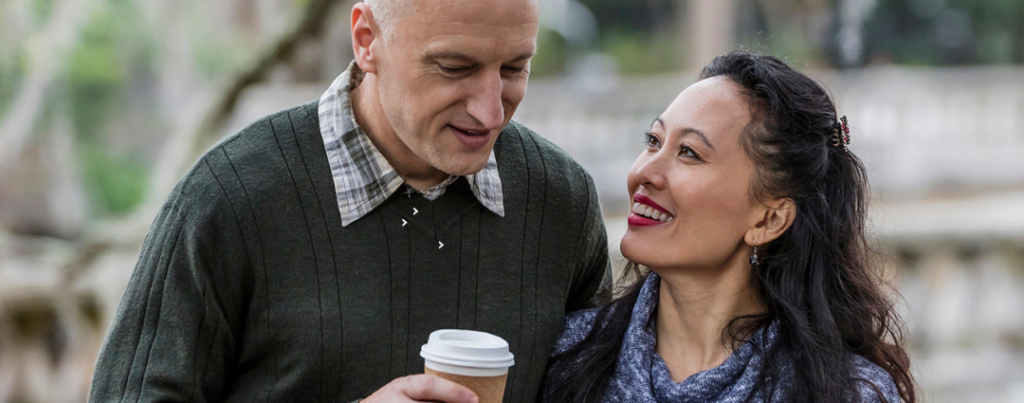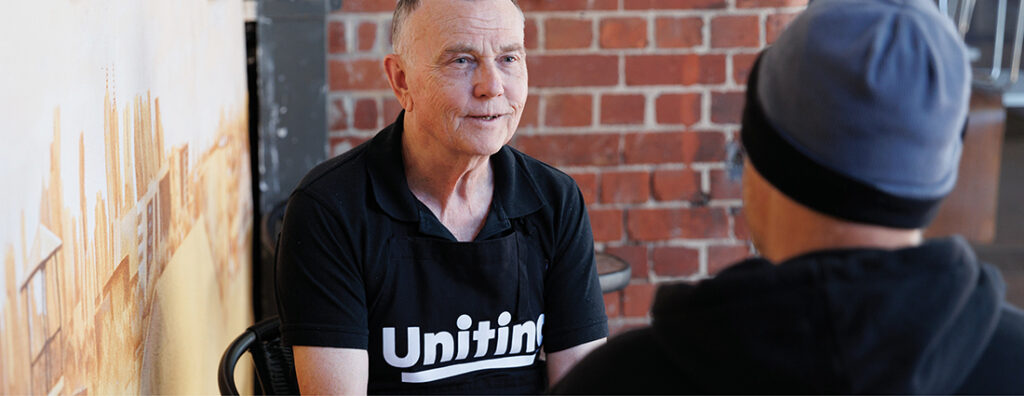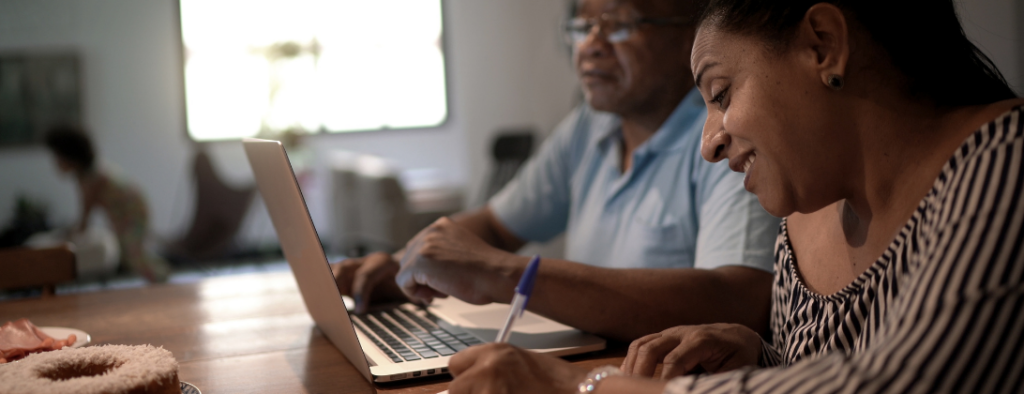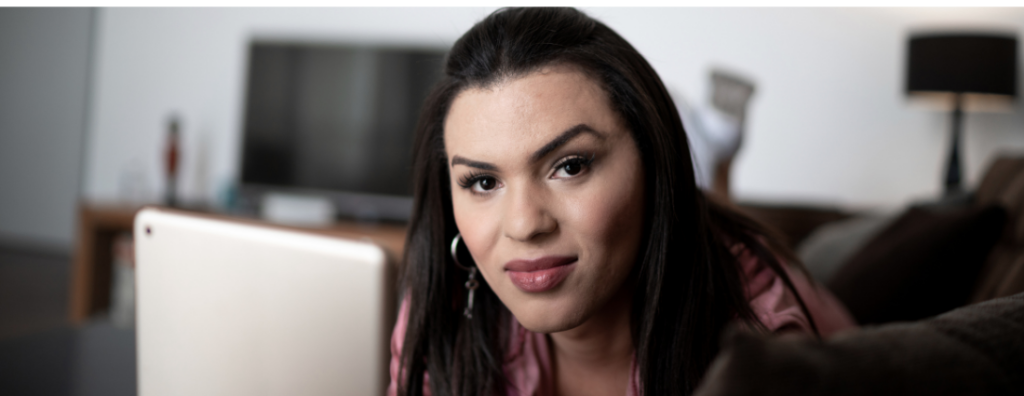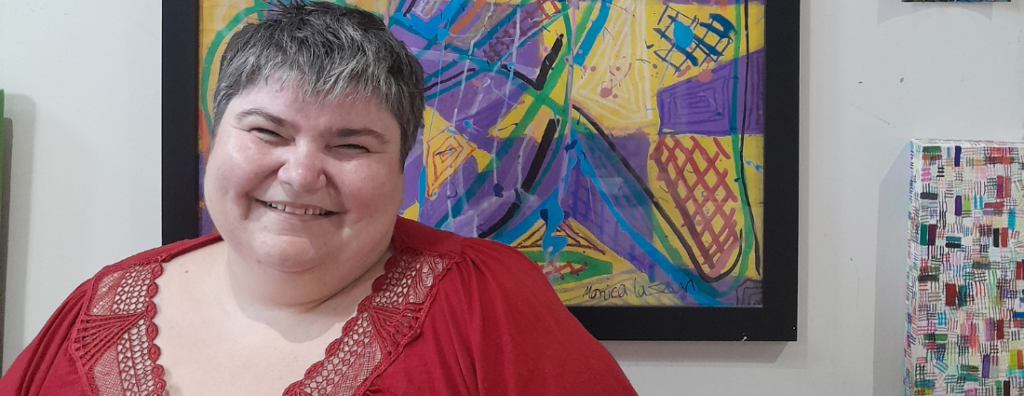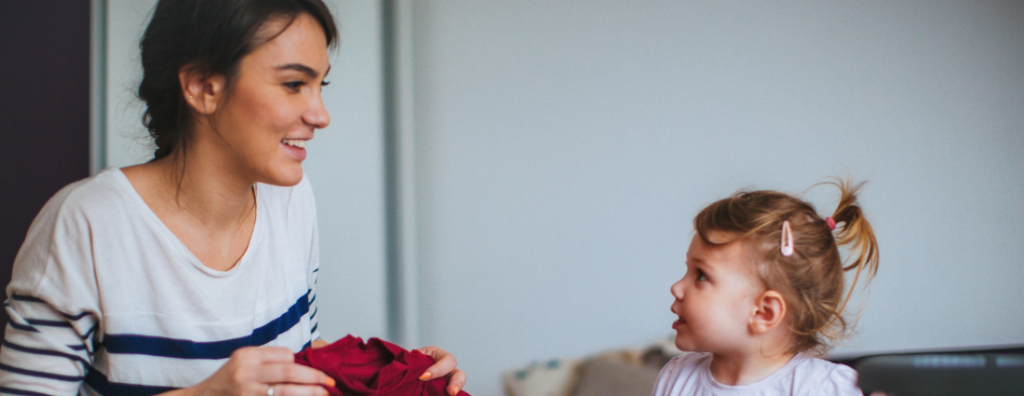Josephine* and Steve* will be the first to tell you that life as a full-time carer is hard work.
When they made the decision to grow their family back in 2000, neither could anticipate how drastically their lives as they knew it would change.
“Everyone has a plan for life when they get married but in reality, life doesn’t always go to plan,”
says Josephine.
The pair’s two sons, now 22 and 19, both live with autism, attention deficit hyperactivity disorder (ADHD), obsessive-compulsive disorder (OCD) and oppositional defiance disorder (ODD).
Living with an array of conditions means the family’s lives are governed by routine.
“It can be pretty full on, mentally and physically exhausting,” says Steve.
“Structure is so important.”
While Josephine and Steve have had years to build a routine and learn how to centre their lives around their sons’ needs, they have encountered many challenges along the way.
Josephine reflects, “Life is much easier now because we have paid off our mortgage and we have some money for our bills but when the boys were younger, we had our mortgage and our bills and no financial support. Life was really hard then.”
As the years grow in numbers, Josephine and Steve share fears about caring for their sons into the future.
“As we are getting older, it’s harder to keep on going like this. I’m 63 but some days I feel like I’m 83. It gets difficult,” shares Steve.
“Even though 22 and 19 sounds old, I moved out at 20 when I was younger, our sons can’t do that and a lot of people living with a disability just can’t do it.”
“Our youngest is very proud of himself because if we go out, he can prepare his own evening meal. Now, his own evening meal is two noodle cups. He couldn’t live the rest of his life on noodles.
“That’s our worry, that if we aren’t here, what’s going to happen?”
Seven years ago, after identifying a lack of support for carers in their local community, Josephine and Steve started their own support group for carers.
The couple’s carers group is completely volunteer run and comprises over 50 unpaid carers of children and young adults living with disabilities and mental illness.
The group supports carers’ wellbeing through fun and positive activities, as well as focusing on helping their children reach their full potential and become as independent as possible.
“I wanted to do more for carers,” says Josephine.
Steve explains that himself and Josephine have not been able to rely on their families for support with the children. The pair have had to do it all on their own.
“Most of the people in our group are from overseas, so their families are overseas. There’s no one to help them out, so we help each other out. We tend to look at each other like family. That’s the value we get out of the group. We’re like an extended family,” says Steve.
Today, Steve and Josephine work on being kinder to themselves.
“When you’re a parent of children with disabilities you tend to judge yourself harshly,” explains Josephine.
“You set the bar too high and expect yourself to overcome every little issue and think of every little thing that could go wrong.”
“People who have children with disabilities can tend to close up and keep to themselves,” adds Steve.
“Try and get out there and find help. Talk to people, don’t be afraid to ask for help because help is out there.”
Josephine and Steve got in contact with Uniting’s Carer Gateway team to seek additional support.
If you’re looking to improve your wellbeing and quality of life as an unpaid carer, Carer Gateway is here to support you.
For more information visit Carer Gateway.
*This is a true story about real people. Some details such as names have been changed to respect the wishes of the people featured.
